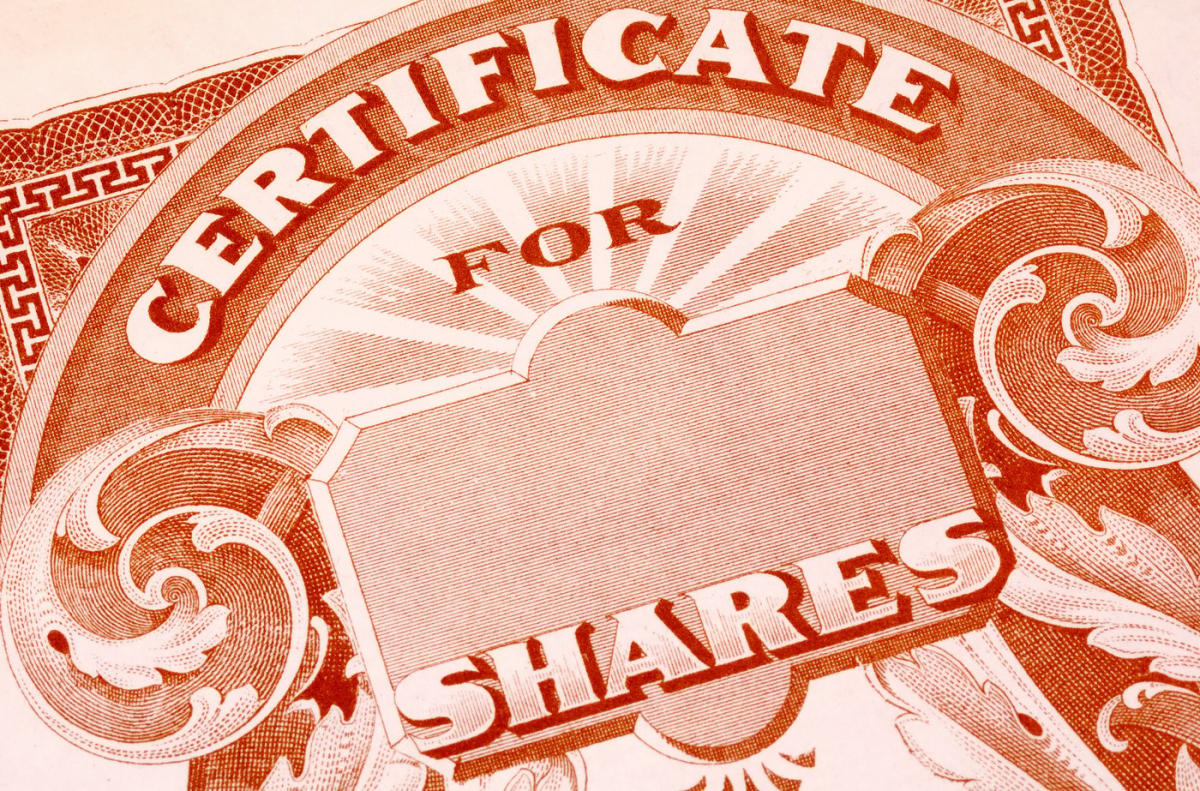By Liangping Gao and Marius Zaharia
BEIJING/HONG KONG (Reuters) – China’s latest property stimulus measures have boosted transactions in its biggest cities, but activity in smaller towns is struggling to take off, suggesting that the bulk of the country’s property market is still will experience more pain.
On May 17, China lowered minimum mortgage rates and down payments and ordered municipalities to buy up unsold apartments to turn them into social housing. This led to dozens of announcements from cities relaxing their policies under the new guidelines.
Small samples of transaction data and interviews with 10 brokers across China show that the measures had an uneven impact across the country, reviving demand in megacities like Beijing and Shanghai, but not in smaller places.
This adds to concerns, fueled by Monday’s poor house price data, that the downturn may continue further, especially in smaller towns where the supply glut is much greater than in larger cities, adding to pressure on policymakers remains to provide more support.
The depressed real estate sector, which contributed nearly a quarter of gross domestic product before entering crisis in 2021, remains a major drag on the $18 trillion economy.
“For big cities, the policy is more effective because supply and demand are more balanced,” said Zhang Zhiwei, chief economist at Pinpoint Asset Management.
“Many of the small towns have a long-term structural oversupply problem that is harder to solve. It will take longer.”
Analysts say Beijing should direct more money to smaller city governments to reduce inventories and stabilize those markets, but most expect gradual support rather than large-scale measures as authorities are wary of bailing out profligate developers.
Data from real estate research firm China Index Academy shows that average daily transactions for second-hand homes between May 18 and June 5 were 27.7% higher than the April average in Shanghai and 8.10% higher in Beijing. New home transactions fell 0.2% and 6.4% respectively, with agents saying older apartments in Beijing and Shanghai tend to sell faster because they are in better areas.
In Shanghai, an agent said applications for apartments have tripled since the city relaxed deposit requirements on May 27, recording 700 to 900 sales a day, up from 500 previously. Another agent said home visits increased by 60%.
An agent in Beijing said viewings in the capital also increased “a lot.”
“Basically all agents are fully booked,” said the agent in the capital, who gave only his surname, Chen.
‘SOMETHING BROKEN’
The China Index Academy did not publish data for smaller cities, but separately released transaction data for the period June 8 to 10, showing a 16% year-on-year decline for a group of 30 cities, including the largest.
This suggests that sales in smaller cities are still weak and buyers are still wary that cash-strapped developers may not be able to complete projects.
“Smaller cities are doing a lot to encourage people to buy more homes, but it’s simply not working,” said Christopher Beddor, deputy China research director at Gavekal Dragonomics.
“Something is broken. I think it’s the developers: you can’t revolutionize the real estate market without convincing homebuyers that they will receive presold units from developers.”
Beddor says that in the long term the real estate market will remain a drag on these small town economies, burdening tens of millions of consumers and creating risks for small regional banks, which are often heavily exposed to the sector.
Smaller cities have cut mortgage rates and minimum down payments more than larger ones, but even the most aggressive cities have struggled so far to revive demand, agents said.
Jiaozhou, a city of less than 1 million people on the east coast, has split the new 15% down payment limit for some buyers into two 7.5% payments two years apart to increase demand from those needing an apartment had, but did not have enough savings . Shanghai and Beijing set minimum down payments at 20% and 30% respectively.
But real estate agents in Jiaozhou did not notice the impact.
“My workload is about the same as before. Maybe we’re getting more inquiries, but not many people are actually booking property tours,” said a real estate agent who gave only her last name, Ma.
Authorities in the central city of Changsha, home to about 10 million people in debt-stricken Hunan province, told developers to unconditionally return deposits if buyers change their minds before completing the transaction, hoping to catch those on the sidelines encourage you to make a bid.
“There are few people who want to buy houses these days. Customers think the new policy is being introduced precisely because the market is not good,” said a Changsha agent surnamed Xu.
Goldman Sachs analysts expect more easing measures in the coming months.
“However, given the continued weakness of the real estate sector in lower-tier cities and private developers, such easing measures could only lead to an L-shaped recovery in the sector in the coming years,” they wrote in a note on Monday.
($1 = 7.2559 Chinese Yuan Renminbi)
(Additional reporting by Beijing newsroom; Editing by Shri Navaratnam)







